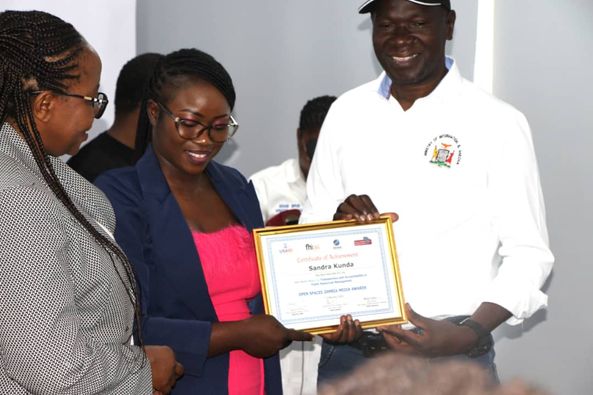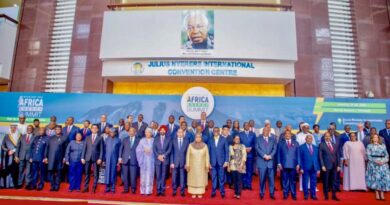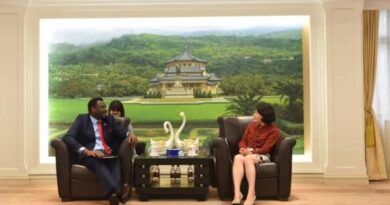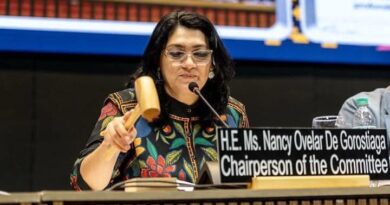Zambia Marks World Radio Day with Emphasis on Radio’s Crucial Role in Development
Today, at Mukuba Hotel in Ndola, Zambia, the commemoration of World Radio Day under the theme “Radio: A Century of Informing, Entertaining, and Educating” witnessed significant insights shared by Thabo Kawana, the Permanent Secretary of Information and Media.
The event underscored radio’s pivotal role in shaping the socio-economic landscape of the Copperbelt province and the nation as a whole.
Mr. Kawana highlighted the Copperbelt’s significance as the economic powerhouse of Zambia, acknowledging previous dwindling investments before the New Dawn Administration took office.
However, he emphasized the administration’s efforts over the past 24 months to rejuvenate the mining industry, evident through recent engagements with new investors in key mining operations like KCM and Mopani Copper Mines.
The injection of fresh investment is already yielding results, including the settlement of outstanding payments to suppliers and the promise of transforming not only the Copperbelt’s economy but that of the entire nation.
Addressing the role of radio in disseminating crucial information, Mr. Kawana stressed its frontline position in informing citizens about landmark developments, particularly in the province.
He emphasized the need for citizens to be aware of massive investments and business opportunities unfolding, which will significantly impact their lives.
Government’s commitment to elevating Zambia’s media standards was reaffirmed, with Mr. Kawana noting radio’s enduring importance since its invention a century ago.
He paid homage to legendary sports commentator Dennis Liwewe, whose radio broadcasts not only popularized football but also unified the nation.
Programs such as “Kabusha Takolelwe Bowa,” “Ilyashi Lya Pano Isonde,” and “Let the People Talk” were highlighted as examples of radio’s influence in fostering dialogue and debate among citizens.
The issuance of approximately 60 radio and television licenses by the Independent Broadcasting Authority (IBA) in the past two years was noted as a significant milestone, widening the space for citizen expression.
Government’s commitment to zero tolerance for attacks on radio stations was reiterated, alongside the announcement of a three-year customs duty waiver on selected equipment in broadcasting, music, and film industries.
Looking ahead, Mr. Kawana announced the Ministry’s efforts to repeal and replace the outdated IBA Act No.17 of 2002 and the ZNBC Act Chapter 154, aiming for a positive impact on Zambia’s broadcasting industry.
In closing, he emphasized the responsibility of radio stations and citizens to use radio responsibly, underlining the government’s dedication to creating a conducive environment for media development, essential for the country’s democracy and progress.



